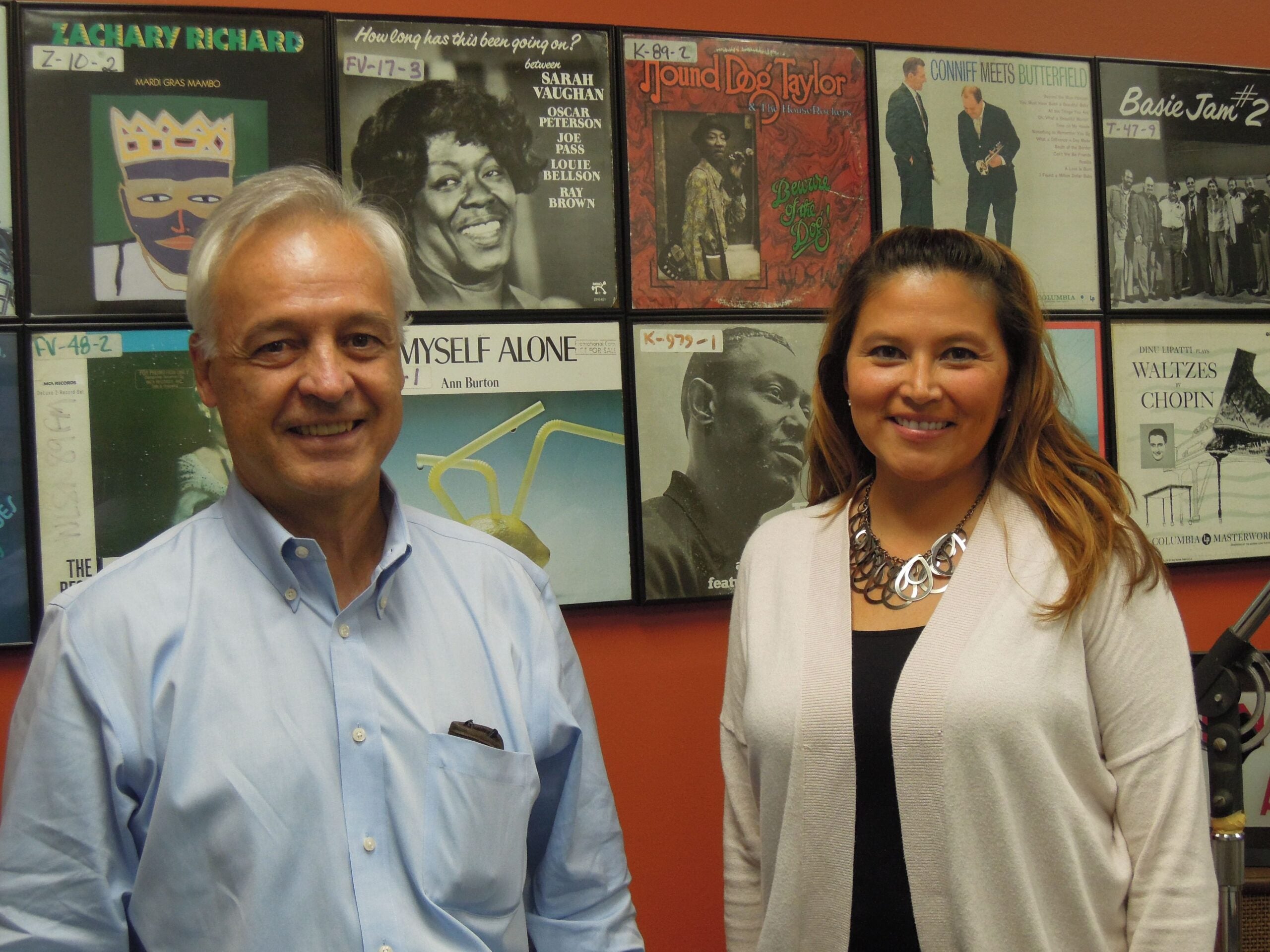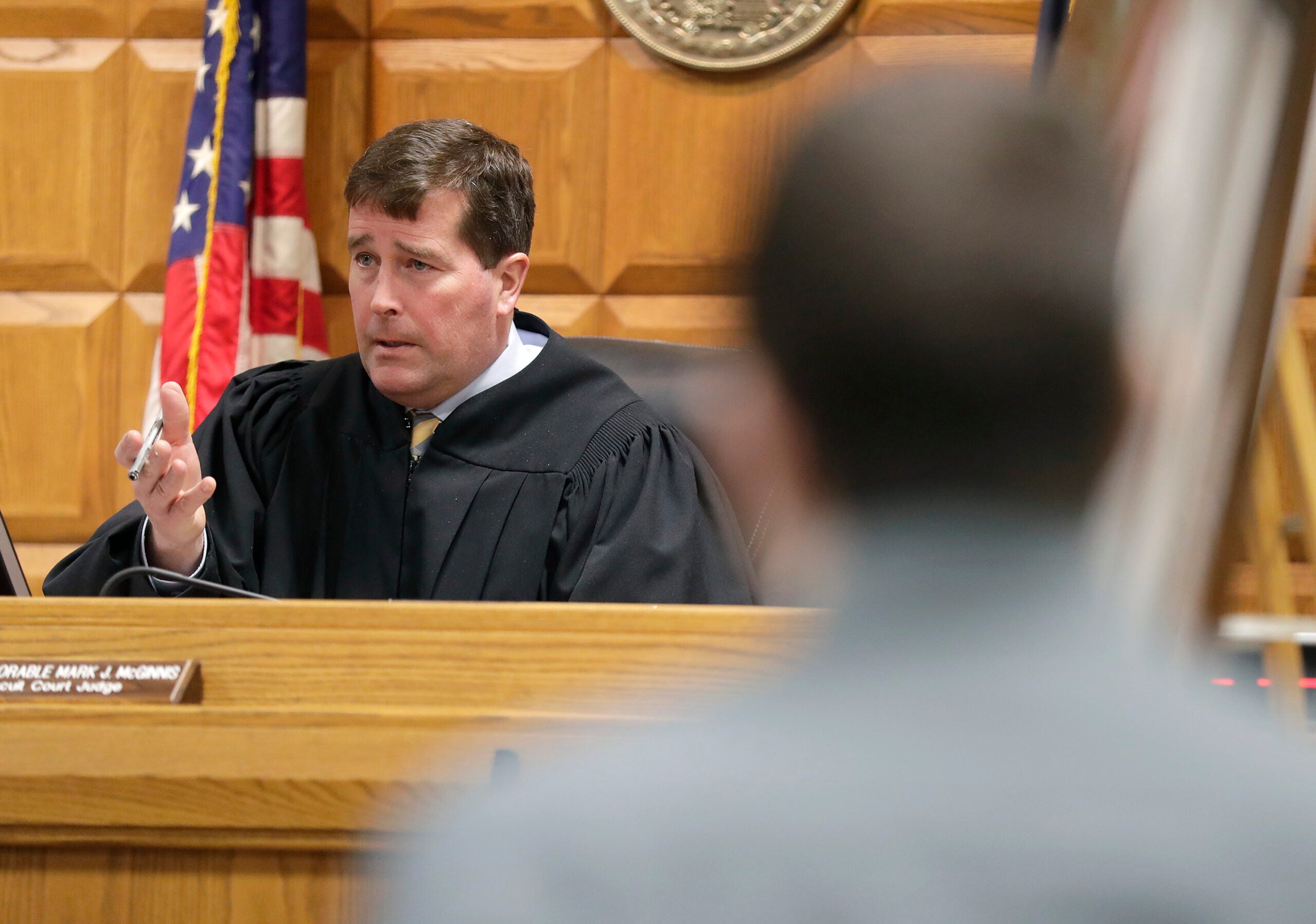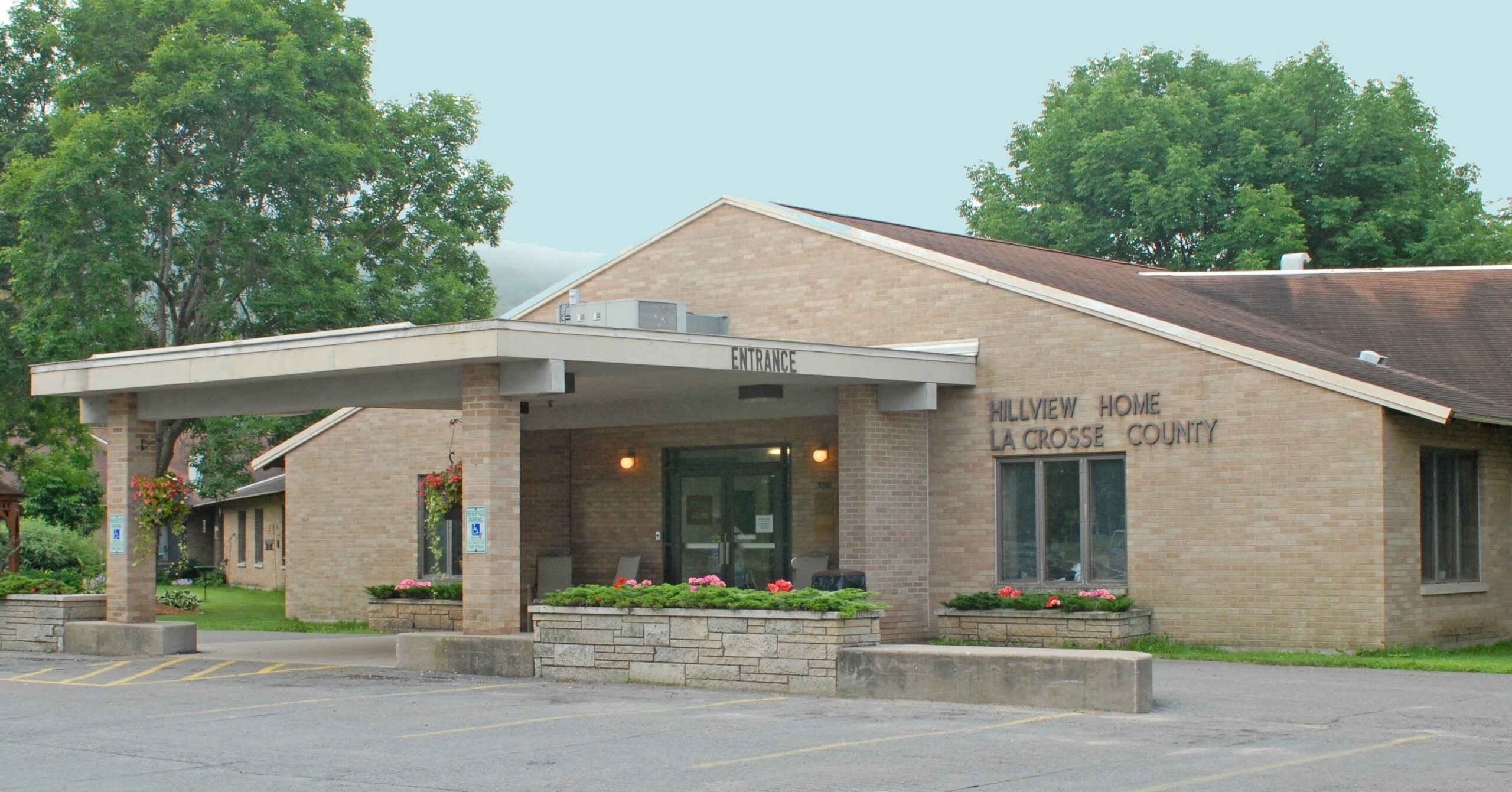The Economics of Aging-
More Wisconsin senior citizens are likely to work until they are older, go back to work after retirement and seek help paying their bills as the population ages.
Experts say those trends are already happening in the nation, across the state and in the La Crosse area.
Catholic Charities, which provides financial advice to those who need it in the Wausau, Eau Claire, La Crosse and Prairie du Chien areas, deals with 270 senior citizens now in the La Crosse area, about 10 percent of the clientele that needs financial planning advice.
“It is prevalent, and they need all kinds of help, it’s either transportation, or food or financial assistance,” said Catholic Charities Executive Director Roberto Partarrieu. “The idea that we retire at 65 is old fashioned. In my experience, if they’re healthy, they try to keep working.”
Partarrieu adds paying for housing is the top concern for many seniors in the La Crosse area.
Those who help seniors find work say they are noticing a big trend, more women who are seniors are moving back into the workforce after having been retired after their spouse dies. Erika DeWald is an employment specialist for the Wisconsin Senior Employment (WISE) program through Workforce Connections in La Crosse.
“They’re finding that the pensions and investments aren’t covering either the mortgage or utilities and it’s just not enough,” DeWald said.
The senior workforce is expected to grow as the population ages over the next 20-years, but DeWald said she’s already noticed an increase in the older population reentering the workplace, honing skills like the ability to use a computer.
There are many reasons 65 is no longer seen by millions of Americans as the golden age for retirement. Everything from a lack of savings from a young age, to lifestyle choices and a decades-long shift in money management. Even having a retirement plan can be no guarantee that there will be enough money to stop working,
“Trying to just live off interest from investments is much more difficult now in low interest rate environments,” said financial advisor Kevin McKinley, of Wisconsin Public Radio’s On Your Money, “So people are forced to either spend less, or spend more of their principal, or take more risk with their investments.”
McKinley said none of those options is appealing when people give up their income and have to live off their assets for an unknown length of time.
McKinley said a good general rule when planning for retirement is to have saved 300 times a person’s net monthly expenses. For example if someone plans to have $5,000 in monthly expenses during retirement and $2,000 in income from Social Security, they should have $900,000 in retirement savings.
– John Davis
Episode Credits
- Hope Kirwan Host
- John Davis Producer
- Kevin McKinley Guest
- Erika DeWald Guest
- Roberto Partarrieu Guest
Wisconsin Public Radio, © Copyright 2026, Board of Regents of the University of Wisconsin System and Wisconsin Educational Communications Board.





